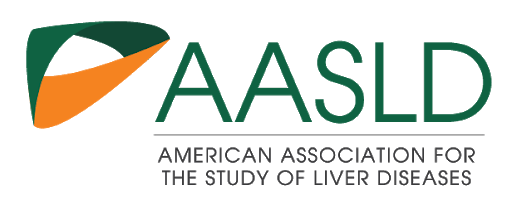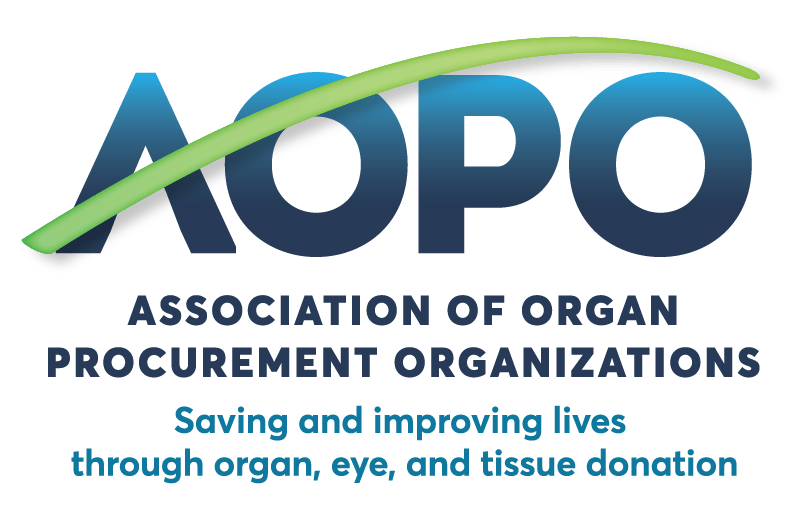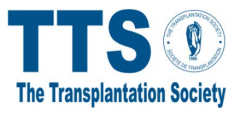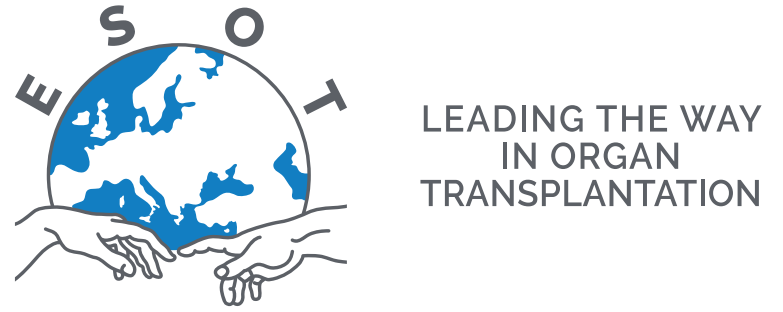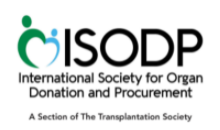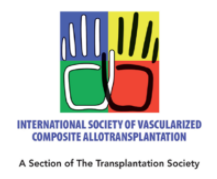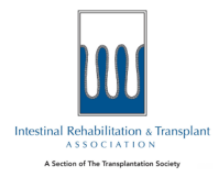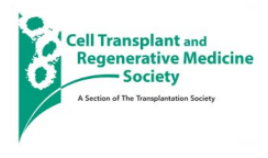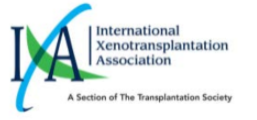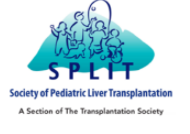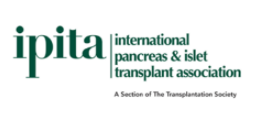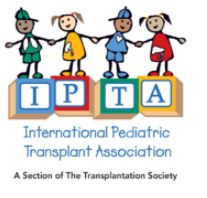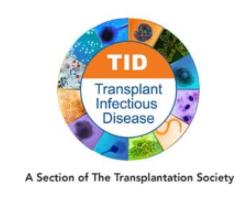Statement on COVID-19 Vaccination in Solid Organ Transplant Recipients
Updated: 6/2/21
This statement has been updated. View the latest statement here.
Recently, multiple studies have been published examining the response to SARS-CoV-2 mRNA-based vaccines in solid organ transplant (SOT) recipients.(1-14) Overall, these have demonstrated reduced antibody responses to vaccine when compared with reports involving the general public. The low antibody response rate is concerning but not unexpected, as SOT recipients have lower rates of immune responses to other vaccines as well.(15) Subsequent data have shown that B- and T-cell responses after SARS-CoV-2 vaccination may be discordant in transplant recipients. Patients may develop T-cell response in the absence of antibody. (3,6,9,10) The correlates of SARS-CoV-2 protection are still undefined. Although breakthrough COVID-19 cases of varying severity in fully vaccinated SOT recipients have been reported, it is important to recognize that vaccination may still prevent many infections or reduce the severity of infection.(16-19) Further data are needed to assess vaccine effectiveness, particularly its protection against severe COVID-19. Previous experience with influenza vaccination in transplant patients has demonstrated reduced influenza-related lower respiratory tract disease and hospitalization despite low antibody response. (20, 21) Thus, we strongly caution against concluding that low antibody response rate to SARS-CoV-2 vaccination will lead to reduced clinical effectiveness until more information is available. These results should not prompt or encourage vaccine hesitancy in SOT recipients. Immunosuppressed patients are known to have prolonged viral shedding of actively replicating virus which may promote the development of viral variants.(22) Additionally, there are data to suggest worse outcomes in SOT recipients with COVID-19 compared to the general population.(23) The effect of immunization on duration of viral shedding and clinical outcomes remains unknown for this population. Optimal strategies to improve vaccine responses have not been defined but are currently under investigation.
Until more complete data are available, we urge:
- Pre-transplant vaccination of all SOT candidates as a priority whenever feasible.
- Continued SARS-CoV-2 vaccination in SOT recipients and priority for vaccination of their household members and caregivers to reduce exposure risk for these vulnerable patients.
- Continuation of a stable immunosuppression regimen at the time of vaccination to avoid the risk of organ rejection until more comprehensive data are available.
- Continued adherence of all transplant recipients to protective measures including masking and social distancing regardless of vaccination status.


